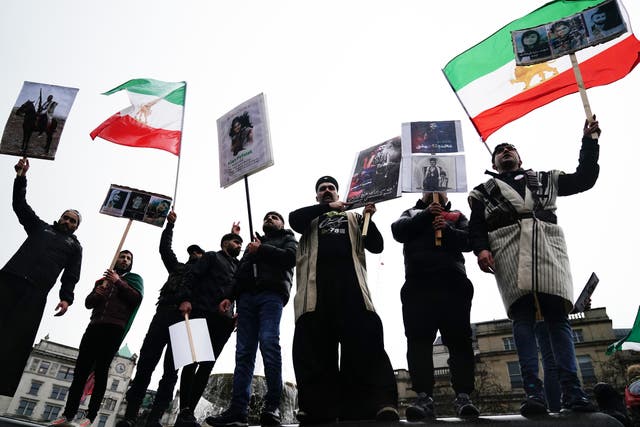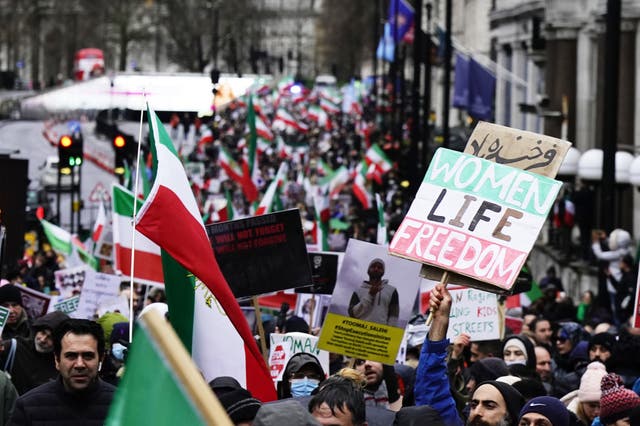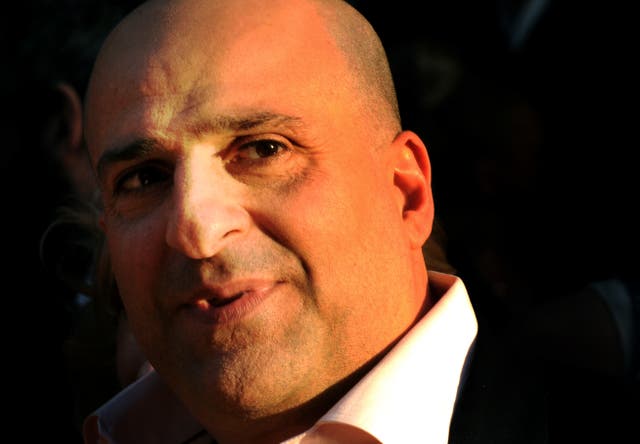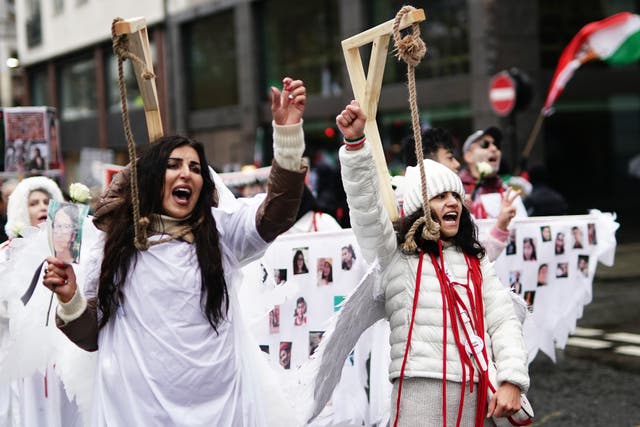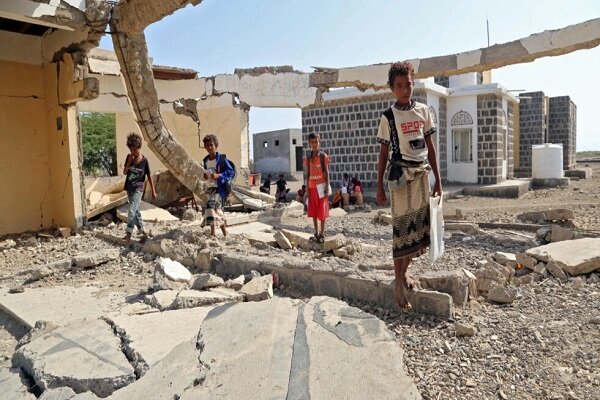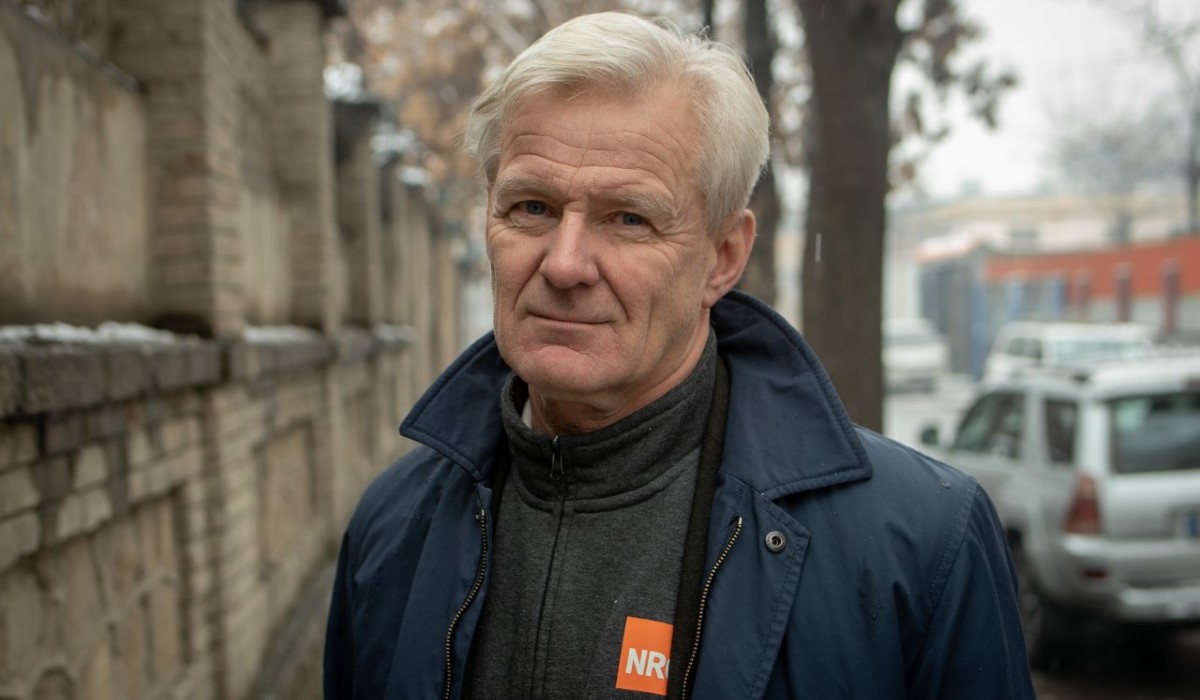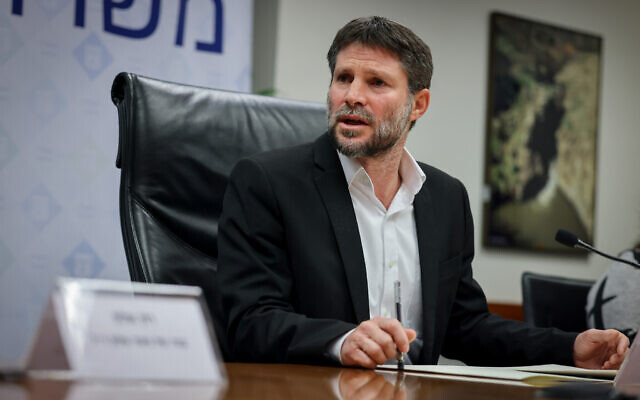
Labour leader Sir Keir Starmer
UNITE leader Sharon Graham is absolutely right to demand assurances from Keir Starmer that a Labour government will not mean a continuation of austerity.
On this issue she speaks not just for her union but for the working class as a whole.
Austerity has beggared Britain over the last 13 years, impoverishing the public realm, cutting real wages for millions, and it is at the root of the cost-of-living crisis engulfing the country.
It is the expression of the drive by the capitalist class to make workers pay for the crisis which has unfolded, with pauses but without ending, since the bankers’ crash in 2008.
An end to austerity should therefore be the first and unbreakable commitment of any Labour government, as it was under Jeremy Corbyn’s leadership.
Yet Graham’s fears are not without foundation. Keir Starmer and shadow chancellor Rachel Reeves are missing no opportunity to assure the City and the Treasury that a Labour government would mean no significant change in public spending levels.
Starmer has pledged that there will be no “big government cheque book” and added that “we won’t be able to spend our way out of their mess.”
So, according to the Labour leader, a crisis caused in significant part by cuts in public spending cannot be addressed by increasing public spending.
This is not the logic of Thatcher or Blair as much as it is the logic of Philip Snowden, chancellor in Ramsay MacDonald’s ill-starred government of 1931.
Snowden was prepared to impose any sacrifice on the working class to keep the bankers onside, and did so all the way to the government’s treacherous collapse.
Labour now offers regional devolution as a panacea instead of increased funding. Such devolution has its own merits of course, but they are diminished sharply if unaccompanied by real resources. Devolving austerity has no attractions.
The latest of Starmer’s much-massacred 2020 leadership election pledges to fall victim to this attitude appears to be the scrapping of university tuition fees. Starmer could only waffle when asked to confirm that abolition of the burdensome charges was still Labour policy.
This all establishes once again that Starmer’s strategy for securing office rests largely on appeasing the Establishment, and assuring the elite that he can be depended on not to rock the boat.
He will eschew public ownership of failing utilities and prioritise balancing the books over alleviating the social misery which will be his inheritance.
As with the original austerity introduced by the Cameron-Clegg coalition, this is a political choice, not an economic necessity. The giveaway here is Reeves’s commitment not to introduce a wealth tax.
Were balancing the books really the priority, increasing the tax take from the wealthiest would make sense. However, not unbalancing the distribution of wealth and power is more the Starmer-Reeves manifesto.
Unions are correct to call out this Establishment appeasement. It is wrong for some leaders to pre-emptively apologise for the next Labour government not increasing public spending, just as it is wrong to make light of the ban on Labour frontbenchers supporting picket lines. Solidarity matters.
The labour movement should not be in the business of dampening working people’s expectations. Nor should it adapt its horizons to whatever the capitalist class believe to be affordable.
Working people deserve nothing less than a complete change of economic course, with ditching austerity as the essential start.
As for Starmer, he should remember 2015. Labour fought an election equivocating on austerity, and ended up with just 30 per cent of the vote.
That led in turn to Corbyn’s election as Labour leader — anger will find an out.
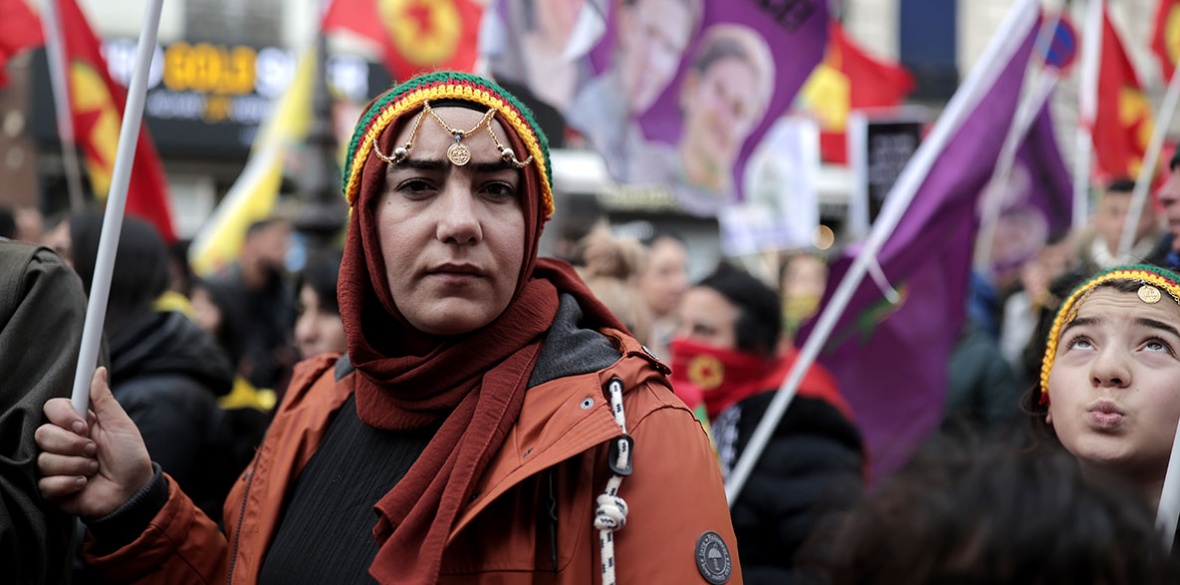
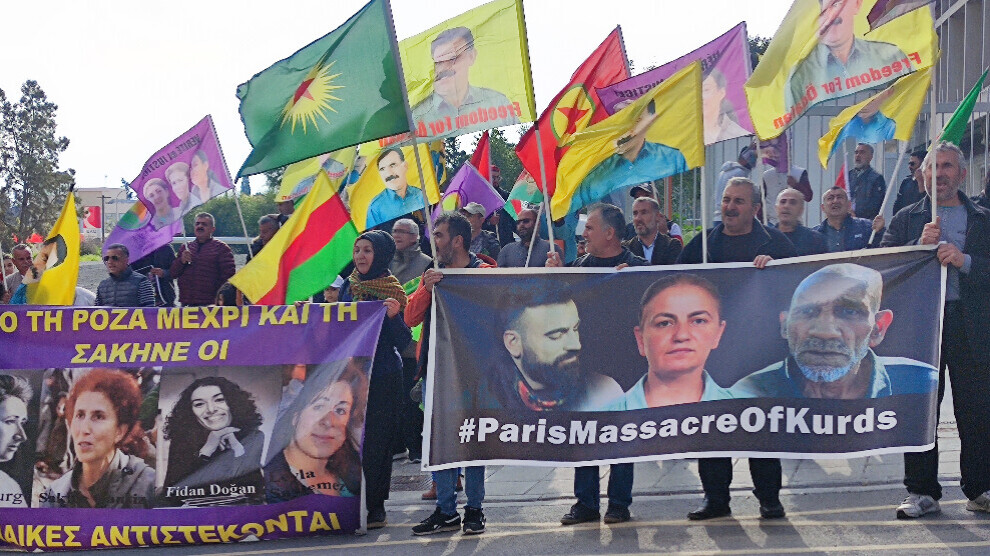

 Bolsonaro supporters have called for the military to step inImage: Silvia Machado/TheNEWS2/ZUMA/picture alliance
Bolsonaro supporters have called for the military to step inImage: Silvia Machado/TheNEWS2/ZUMA/picture alliance


